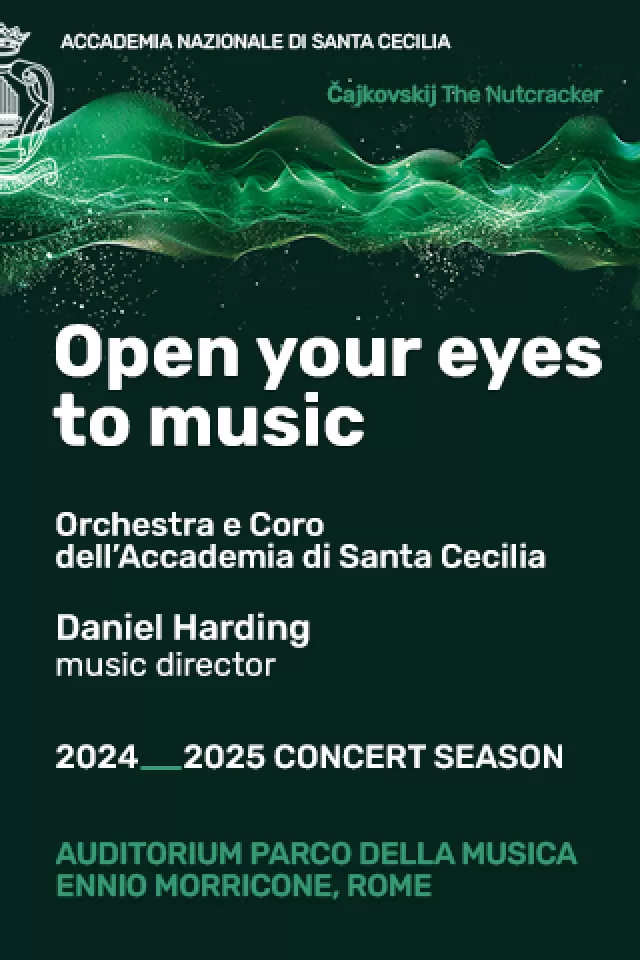From Cairo to Italy with love
The love affair between Italy and Egypt is centuries old, although today the military and commercial links dating back to ancient times have been replaced by tourism. During the 19th century co-operation between the two countries became particularly strong; Italian architects designed much of the centre of Cairo, including the famous Royal Opera House which tragically burned down in 1971, and two Italian brothers set up Egypts postal service.
Throughout much of this year, the Egyptian Academy will be organising cultural events in Italy to celebrate the last 200 years of the Italian-Egyptian relationship. The programme includes a major exhibition of Egyptian modern art, a musical about life in Cairo entitled La Grande Notte to be staged at Romes Teatro Valle, an exhibition of antiquities at the Egyptian Museum in Turin, and a special section devoted to the outstanding Egyptian films of the last decade at the MedFilm festival in Rome in the autumn.
The people here in Italy are very similar to those in Egypt in terms of their habits, traditions, way of speaking and eating, says Samir Gharib, a former journalist and writer who has been director of the Egyptian Academy of Arts in Rome since September 2002. Gharibs smart, checked jacket, blue waistcoat and tan shoes could certainly pass for an Italian wardrobe, and his affection for his pet Goldie, a docile labrador that snores loudly in a corner of his office, appears equally at home in dog-loving Italy.
The Egyptian Academy of Arts was established in Rome in 1929, and has been in its present building at the heart of a cluster of foreign academies in Via Omero, Valle Giulia, since 1966. In addition to the role it plays as a cultural centre hosting exhibitions, lectures, cinema, dance and musical events the academy represents the Egyptian culture ministry in dealing with relations between the two countries; for example, by arranging Egyptian participation in Italian festivals and vice versa.
Gharib and his team are also responsible for the artistic development of the young scholars the academy receives from Egypt every six months. Chosen by committees set up by the culture ministry, these musicians, filmmakers, writers and artists are all under 35 and spend 18 months each in Italy. Their first three months are dedicated to learning the language, after which they undertake a project decided on in collaboration with academy staff that is judged by a panel of experts at the end of their stay.
The academy organises a special programme for each artist, dealing with what he or she wants to realise here, says Gharib.
Its a big job, but its full of enjoyment especially for me, as an art critic and a writer.
Gharib studied journalism at the University of Cairo, graduating in 1975, and went on to take
further diplomas in the subject at the international institutes of journalism in Paris and Budapest. I learned two kinds of journalism capitalist and communist,he laughs.
After working for the Egyptian daily Al-Akhbar in Cairo for 12 years, Gharib spent four-and-a-half years in Paris working for Arab publications.I love Paris, he says nostalgically. I consider the time I lived there my golden time.
Coincidentally, as Gharib set off for the French capital in 1979 his friend, the abstract artist and now Egypts culture minister Farouk Hosny, left for Rome, where he was to spend eight years as first the deputy director and then the director of the Egyptian Academy. Gharib came to visit him often during his tenure, getting to know both the academy and the city well. I know the museums, the streets, the people, the Colosseum everything from 20 years ago, he says.
When Hosny returned to Egypt in 1987 and became minister of culture, he asked Gharib to act as his press adviser. Gharib subsequently became director of the fund for cultural development and later the chairman of Egypts national library and archives and president of the Arab regional section of the international council of archives. He has also written ten books about the arts and culture, and continues to write from time to time when I find something very interesting and want to express my opinion about it.
Gharib thinks Hosny asked him to be director of the Egyptian Academy in Rome for a number of different reasons. Maybe it was because Im an art critic, I have good experience of the culture ministry, and because I love art, and life, and people, he muses.
When the invitation came, Gharib was more than ready for another spell in Europe. I think living abroad is very important, he says. If we repeat the same things all the time we become antiquities. We have to renovate ourselves, to refresh our thinking, to meet new people and live new experiences. Its very important for everyone, especially artists and writers, to fall in love again.
Among the tasks Gharib has set himself during his tenure in Rome is changing the appearance of the academys two buildings: one for administration and cultural activities, the other for the fellows. While the extensive use of glass makes the academy seem wonderfully light and airy inside, its not difficult to see why Gharib says he doesnt like the face of the place, a concrete construction that from the outside appears rather dreary.
Work on a new faade designed by Egyptian architect Mohamed Fouad Awad is scheduled to start in July and be completed by the end of the year. The revamped buildings will combine both pharaonic Egyptian and modern elements, says Gharib, who is also an enthusiastic supporter of the project being led by the architecture faculty of the Universit La Sapienza to improve the appearance and accessibility of the Valle Giulia area.
The director, who plans to launch an academy website this year, says his overall goals are to strengthen cultural relations between Egypt and Italy, and to help the young artists at the academy enjoy a positive experience in this country. But first, he says, Id like to present the best of Egyptian arts: for Italians, for foreigners, and for all the Egyptian and Arab people living here.
Egyptian Academy of Arts, Via Omero 4,
tel. 063201896-063201907.





















